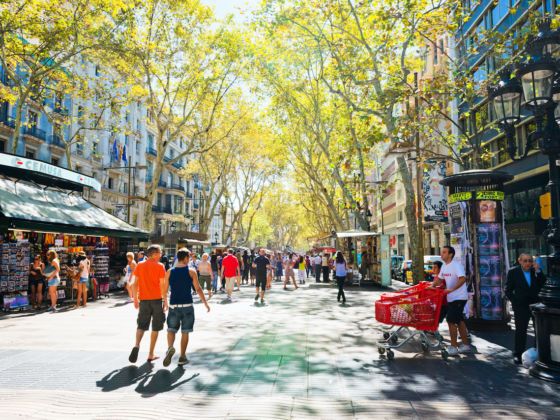I was amused by the comments on the piece 20 moments you’ll experience in Spain — amused, but not surprised. Most were Spaniards commenting on the inaccuracy of these clichés. Many of them were insulting the author of the article.
It’s true. Stereotypes can be pretty offensive, even if they’re based on observable features of a culture. It made me wonder: What stereotypes form the image of Spain around the world, as well as inside of Spain?
When I was living in Buenos Aires, someone told me Argentina was considered the Europe of Latin America. I laughed and said, perhaps Spain is considered the Latin America of Europe.
